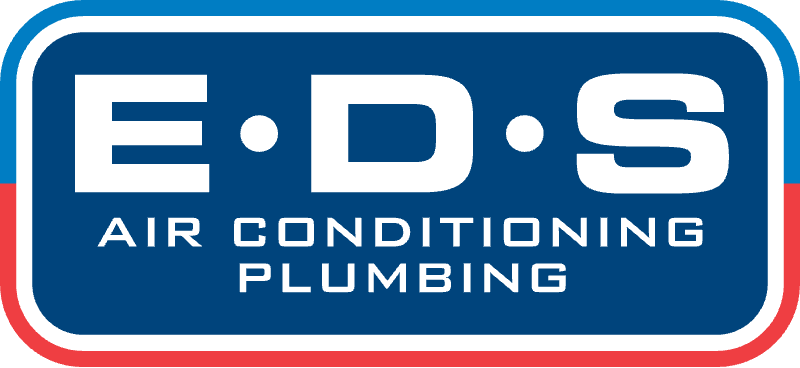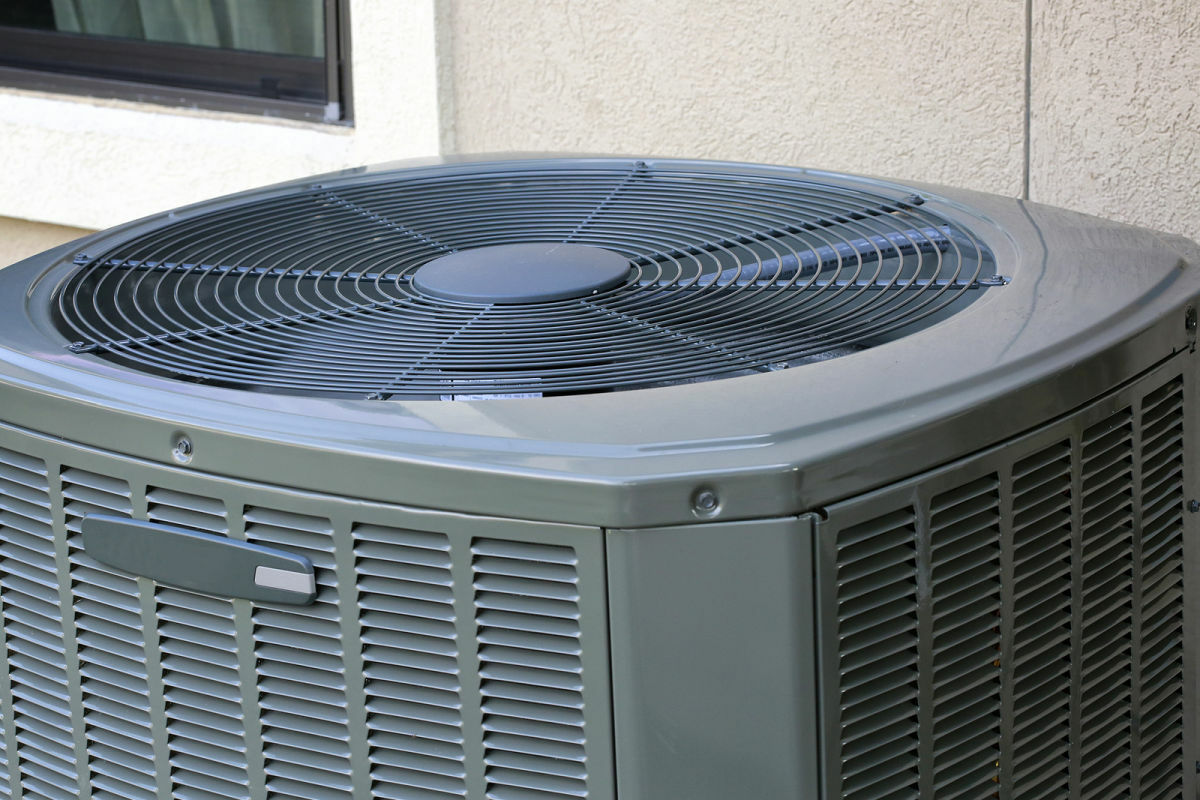Finding the right-sized central AC system is essential for dealing with the heat and humidity that’s often found in Lake Worth Beach. With the right-sized system, you and your family will stay more comfortable, and proper sizing also helps to lower your energy bill, too. On the other hand, a system that’s too small or large makes it much more difficult to keep your home feeling sufficiently cooled. Using an AC tonnage calculator is a terrific way to figure out the correct size AC system needed before investing in a system replacement for your home.
Is it Better to Oversize or Undersize an AC System?
An oversized AC system may sound appealing because it can most likely cool your home quickly. However, faster cooling commonly leads to shorter cycling, where the unit turns off prior to properly dehumidifying the air. In other words, this can leave your home feeling sticky and uncomfortable due to a higher humidity level. Besides the possibility of facing this issue, the frequent on/off cycles can waste energy and cause extra wear on the system, which can reduce its lifespan.
A residential central AC system that’s undersized for your home’s cooling needs will most likely struggle to keep your home feeling cool. It may run constantly, which not only increases your energy bill but also puts additional strain on the system. The result of having an undersized system is typically higher repair costs over time and a home that never feels quite cool enough. Neither option is ideal, so finding the right balance is important. Using an AC tonnage calculator will help you size the system correctly and avoid these common issues with AC system replacement.
What is AC Tonnage?
AC tonnage refers to how much cooling power the system can provide. One ton equals 12,000 BTUs of cooling per hour. For example, a 3-ton system can cool 36,000 BTUs per hour. This cooling capacity is key in determining the correct size needed for your home. Homes in warmer climates, such as Lake Worth Beach, often need higher tonnage due to the intense heat and humidity.
Higher tonnage doesn’t always mean better cooling for your home. An oversized AC system may leave you with a more humid home, while an undersized system will typically run constantly without providing adequate cooling. That’s why calculating AC tonnage per square foot is a crucial step to take before installing a new central AC system.
What Tonnage AC Do I Need?
The tonnage needed for a particular home depends on several factors, including the home’s size (measured in square feet), insulation quality, the number of windows, and how much direct sunlight the home receives. A general rule of thumb is to allow one ton of cooling for roughly every 500 square feet of living space. For example, a 1,500-square-foot home would typically require a 2.5- to 3-ton AC system.
Although this rule provides a quick estimate, using an AC tonnage calculator commonly provides a more accurate result. The tool may consider the additional factors that can affect cooling needs. An accurate AC load calculation allows you to confidently answer the question, “What tonnage AC does my home need?” and find the right sized system.
How to Calculate AC Tonnage?
Properly calculating AC tonnage requires an AC load calculation, which goes beyond just square footage. Ceiling height, insulation quality, and window size all play a role in finding the proper size for your AC system replacement. Although one ton per 500 to 600 square feet is sufficient as a basic guideline, using an AC tonnage calculator or an AC load tester provides a more precise measurement.
Final Thoughts About Sizing an AC System
Properly sizing your central AC system in Lake Worth Beach, FL is critical to maintain a comfortable home that’s also energy efficient. An oversized AC system may leave your home feeling sticky from too much humidity as well as lead to higher energy bills, while an undersized AC system won’t be able to keep up with the heat and may wear out more quickly than expected.
Using an AC tonnage calculator and performing a detailed AC load calculation can help you select the right sized system. Installing an AC system with the correct tonnage allows you to enjoy consistent cooling, lower bills, and a longer-lasting central AC system.




